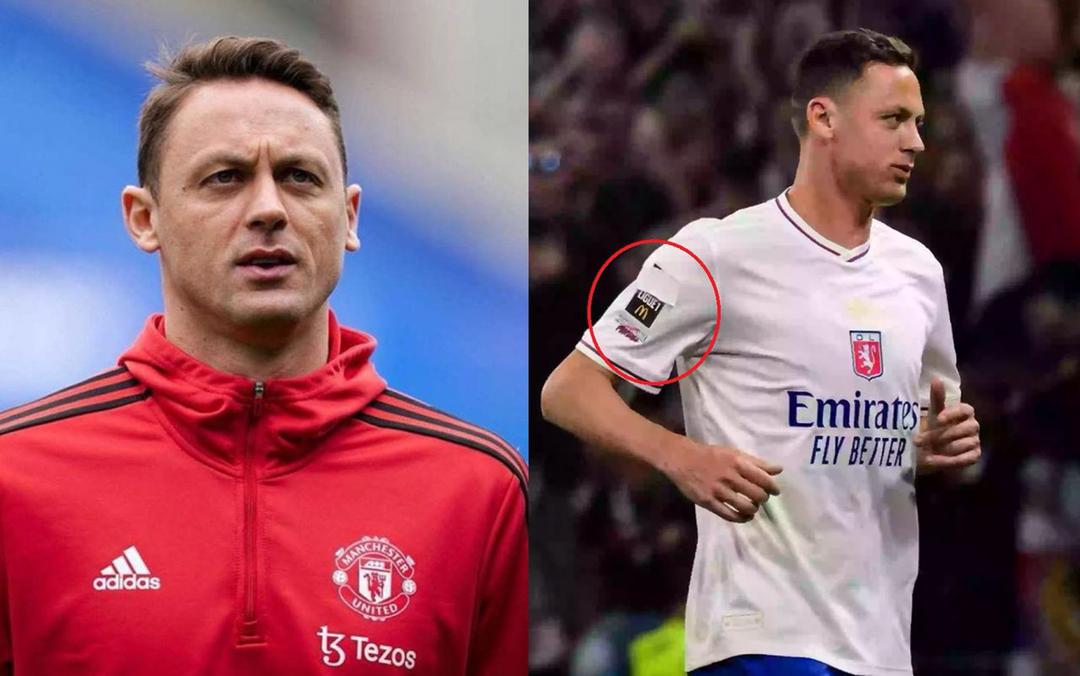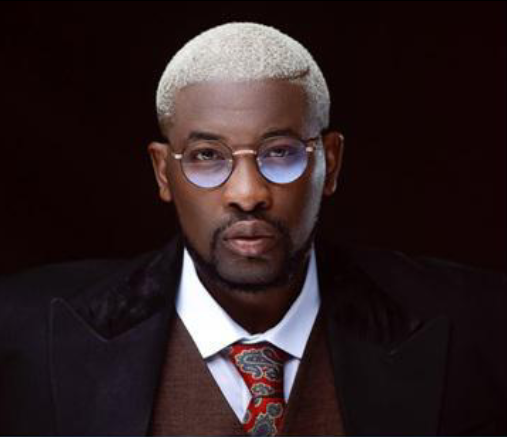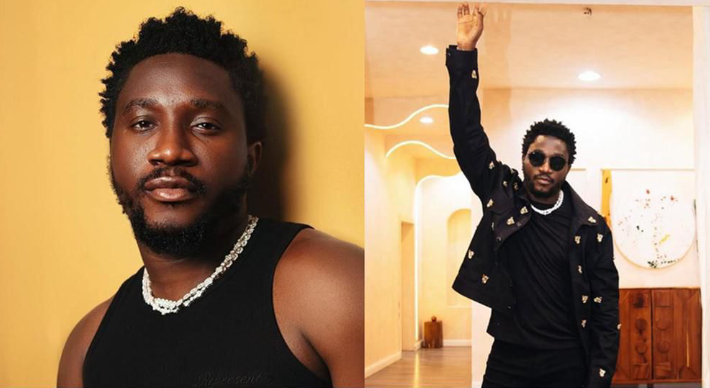
Nemanja Matic Handed Two-Game Ban After Controversial LGBTQ+ Logo Cover-Up

In a decision that has reverberated across the football world, former Manchester United midfielder Nemanja Matic has been handed a two-match suspension following his decision to cover an LGBTQ+ logo during a recent match. The incident, which has sparked widespread debate and polarized opinion, has once again thrust the intersection of sports, politics, and personal beliefs into the global spotlight.
Matic, now playing for French club Stade Rennais in Ligue 1, drew attention during last weekend’s fixture when he appeared with tape over a rainbow-colored emblem stitched onto his team’s jersey—an insignia introduced as part of the league’s ongoing campaign to promote inclusion and support for the LGBTQ+ community. Cameras caught the deliberate act shortly before kickoff, and images of the covered logo quickly circulated online, prompting both criticism and support from different corners of the footballing and broader public communities.
The French Football Federation (FFF), which has enforced LGBTQ+ solidarity-themed gestures across professional tiers in recent seasons, moved swiftly to investigate the matter. After a disciplinary review, the FFF’s ethics committee confirmed that Matic’s actions were a “clear and intentional violation of the league’s inclusivity campaign,” and announced the two-game suspension along with a formal reprimand. The ban is to be served immediately, ruling Matic out of Rennais’ next two fixtures, including a key clash with Olympique Marseille.
Matic, 36, has yet to issue a full public statement following the ruling, but close sources have suggested that the Serbian international acted in accordance with personal beliefs. This is not the first time the veteran midfielder has found himself at the center of political and social discourse. During his time at Manchester United, Matic opted out of wearing the traditional poppy symbol commemorating British military veterans, citing personal experiences during the NATO bombing of Serbia in 1999. His stance then, though controversial, was met with a more measured response, with the club and league respecting his choice.
The current controversy, however, is occurring in a markedly different social climate. While some observers have defended Matic’s right to personal expression, others argue that his actions undermine a campaign meant to foster acceptance and visibility for marginalized communities. LGBTQ+ rights organizations have condemned the gesture as “an intentional act of erasure,” while some fans and pundits argue that players, as public figures and representatives of their clubs, have a responsibility to support initiatives that promote equality.
The Ligue 1 initiative in question is part of an annual week-long campaign known as “Tous Unis Contre L’Homophobie” (All United Against Homophobia), during which clubs across France incorporate rainbow-colored symbols into kits, armbands, and stadium displays. Participation is expected of all players, though it has previously encountered resistance. In recent years, several players, including Muslim athletes citing religious reasons, have opted out or found themselves entangled in similar controversies. Still, Matic’s method—visibly covering the logo with tape—has been viewed by many as a more pointed rejection than passive abstention.
Reactions from the footballing community have ranged from condemnation to cautious support. Some current and former players have voiced solidarity with Matic, arguing that inclusivity must also extend to players’ beliefs. Others, including high-profile figures within French football, have taken a firmer stance. “This isn’t about politics or personal values,” said one FFF spokesperson. “It’s about standing against discrimination. There is no room for ambiguity when it comes to equality.”
Stade Rennais, for their part, have issued a carefully worded statement acknowledging the federation’s decision and affirming their support for Ligue 1’s inclusivity initiatives. While the club did not directly criticize Matic, they reiterated their “full commitment to diversity, respect, and the values of the French Republic.” Internally, sources say the club is reviewing the matter closely, though it remains unclear whether any additional disciplinary action will be taken at the team level.
Fans, too, have weighed in, with social media platforms flooded by debate over the ethics of Matic’s actions and the appropriateness of the league’s response. Some have decried what they perceive as forced participation in sociopolitical campaigns, accusing the league of infringing on players’ freedoms. Others applaud the disciplinary move as necessary to maintain the integrity and purpose of such initiatives, especially in a sport still grappling with issues of homophobia and exclusion.
Legal analysts have noted that while freedom of expression is a fundamental right, it often enters murky territory when it intersects with professional codes of conduct and organizational policies. “When you sign a contract with a professional club,” said one French sports law expert, “you also agree to represent its values. And if inclusivity is one of them, there’s a professional obligation to comply, even if you disagree personally.”
Matic’s suspension, while brief, reignites broader questions about the role of athletes in social causes. In an era where sports leagues increasingly take stands on global issues—from racial justice to climate change—players find themselves caught between personal convictions and professional expectations. Matic’s case adds another layer to this evolving dynamic, especially as leagues strive to balance messaging with individual autonomy.
For now, Matic will watch from the sidelines as his team battles through critical fixtures. Whether the ban marks the end of the story or the beginning of deeper conversations around expression, tolerance, and responsibility remains to be seen. What is certain, however, is that the incident has once again illustrated how the beautiful game is inseparable from the world it reflects—and the values it chooses to uphold.


